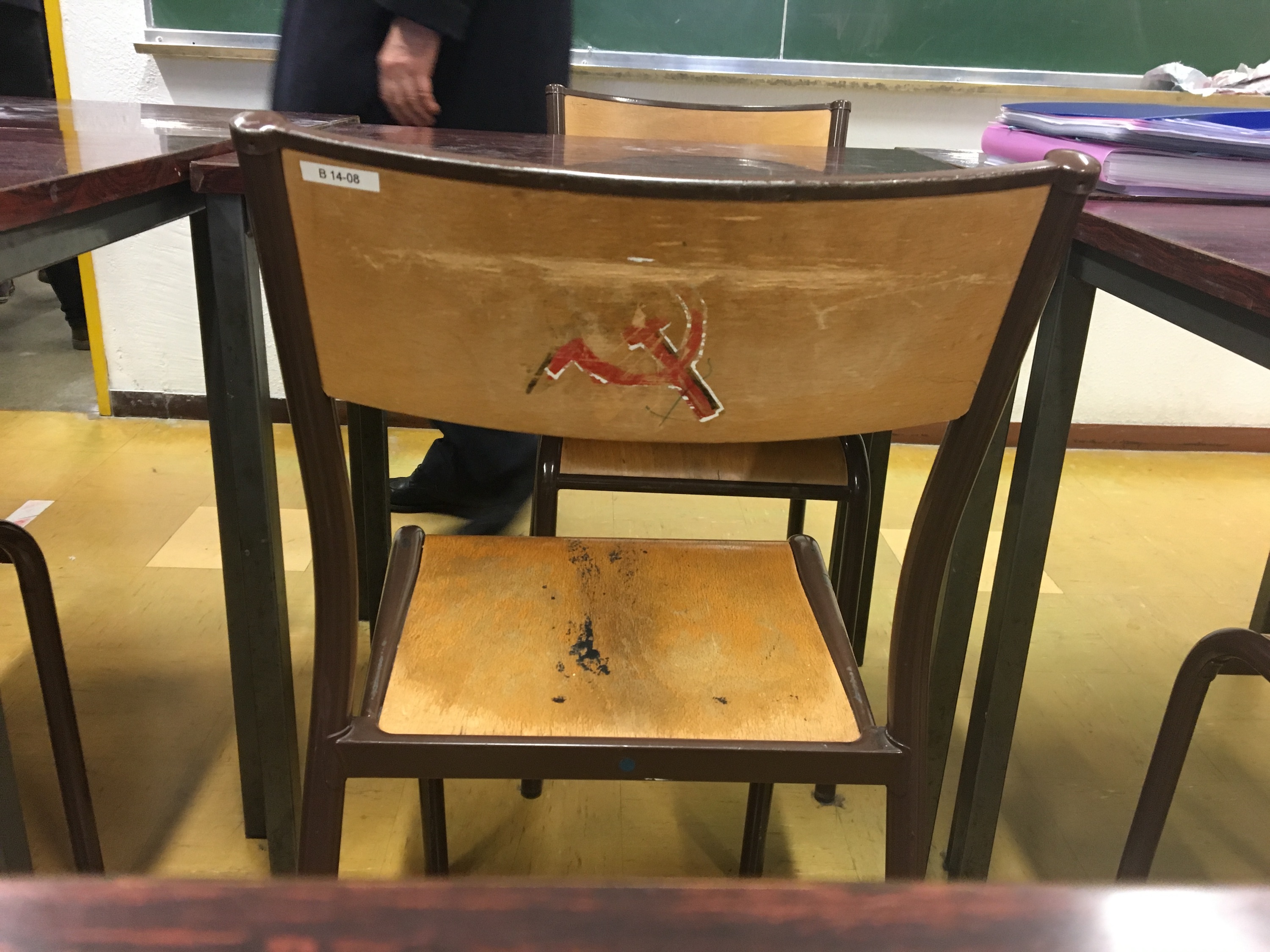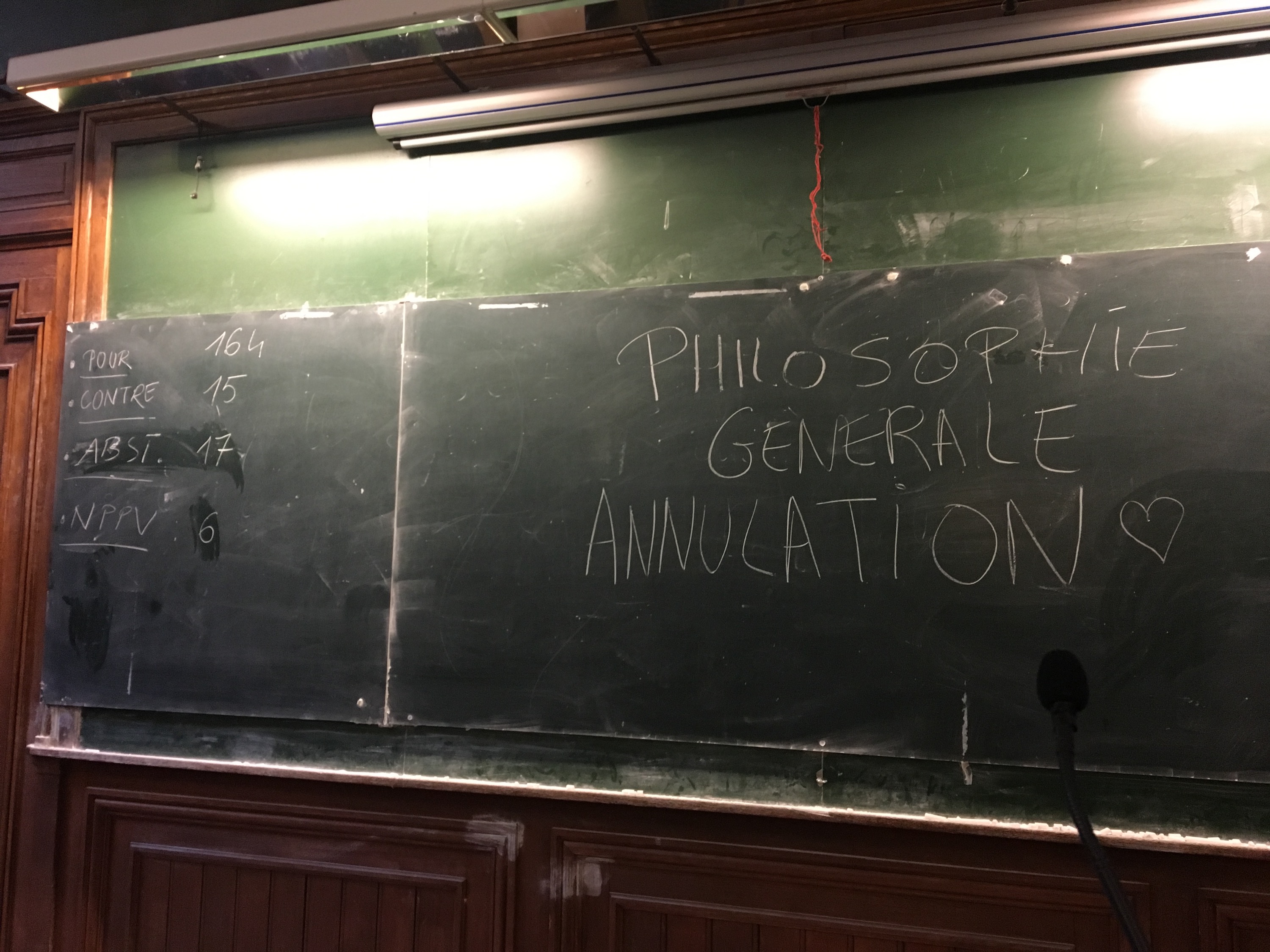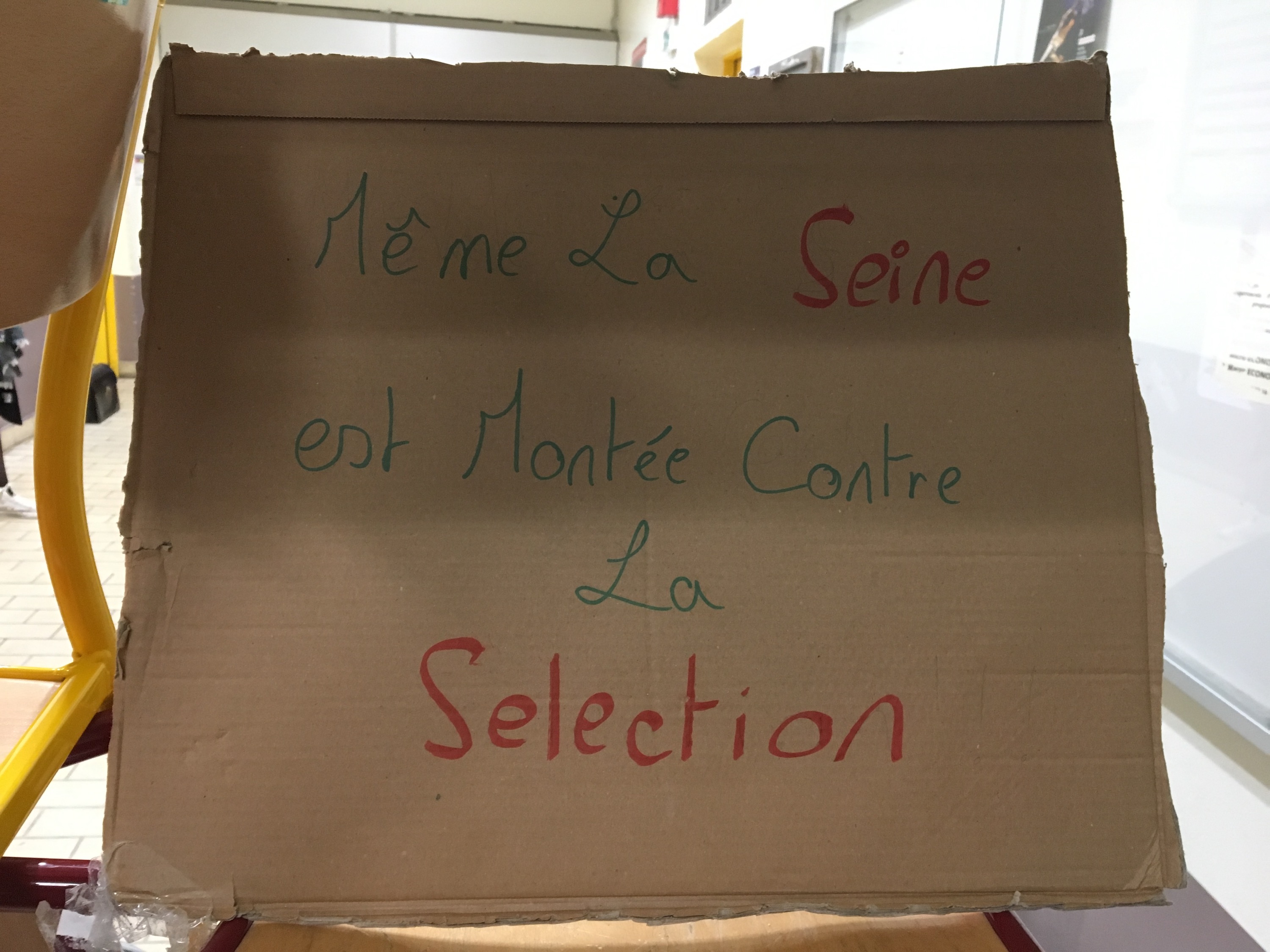
Introduction
The first steps...
September 25th, 2018
As an Information Science & French double major (eclectic combination, I know), I never thought that my two seemingly polar disciplines would ever intersect. But then my Junior year fall semester rolled around and I took a class that proved tech and the humanities could get along: Text Mining. In this class, we theorized about the ethics and legitimacy of writing code to analyse historical and literary texts. Then we wrote that code anyways. By the end of the semester, I was hooked (more topic models, please!). But as bad timing would have it, I was heading off to Paris that spring to study abroad, so any additional research would have had to wait for senior year.
Before studying abroad, I had taken a few classes about France and its revolutionary past. Revolution, to me, was storming the Bastille and revolting against ostentatious monarchs. I thought it was a relic of the past, like lessons about the Flight of Varennes and the Déclaration des droits de l'homme et du citoyen de 1789 that we learn in the classroom. Yet, when I was living and studying in that very same city, I experienced modern revolution - beyond what I could read out of my textbook. This past spring was the 50th of the famous/infamous Student Revolutions of May 1968 (Mai 68). French university students paid hommage to their predecessors by holding manifestations and grèves, protesting, and even physically blocking the elevators of the campus buildings so that we weren't able to get in. There was anger against Macron's government and even rumors of Molotov cocktails.



In lieu of my final exam in Philosophy, in the most Kafakaesque fashion, 202 Panthéon students held a general assembly on whether or not we should take our exam. The results: 164 étudiant.e.s (students) for the cancellation and a meager 38 who were against, abstained, or thought the debate itself wasn't even valid. We ourselves, had our own Assemblée Générale, just like in the 1790s. Revolution was salient.
When I got back to Cornell this fall, I reconnected with Prof Mimno and Laure. They knew I had just studied abroad and that in addition to Information Science, I was studying French and could reach French texts. They proposed the coolest project: to duplicate, and later optimize, the experiment described in the research project Individuals, Institutions, and Innovation in the Debates of the French Revolution.
A team at the University of Pennsylvania (Simon DeDeo et al) completed an intensive text mining experiment on archived texts from the French Revolution. They scraped, parsed, and treated these historical records. They found word-use patterns and overall trends that suggest that the French Revolution parliamentary body shaped linguistic development and influenced the future of other European governmental structures.
Throughout this year, I'm going to replicate this study to evaluate its duplicability and I'm going to find out how to optimize the technical process along the way. So there you have it. Take the French Revolution and a lot of python scripts and BOOM, you have my Senior Honors project. And I could not be more excited.
Welcome to Computational Revolution. Bien à vous.